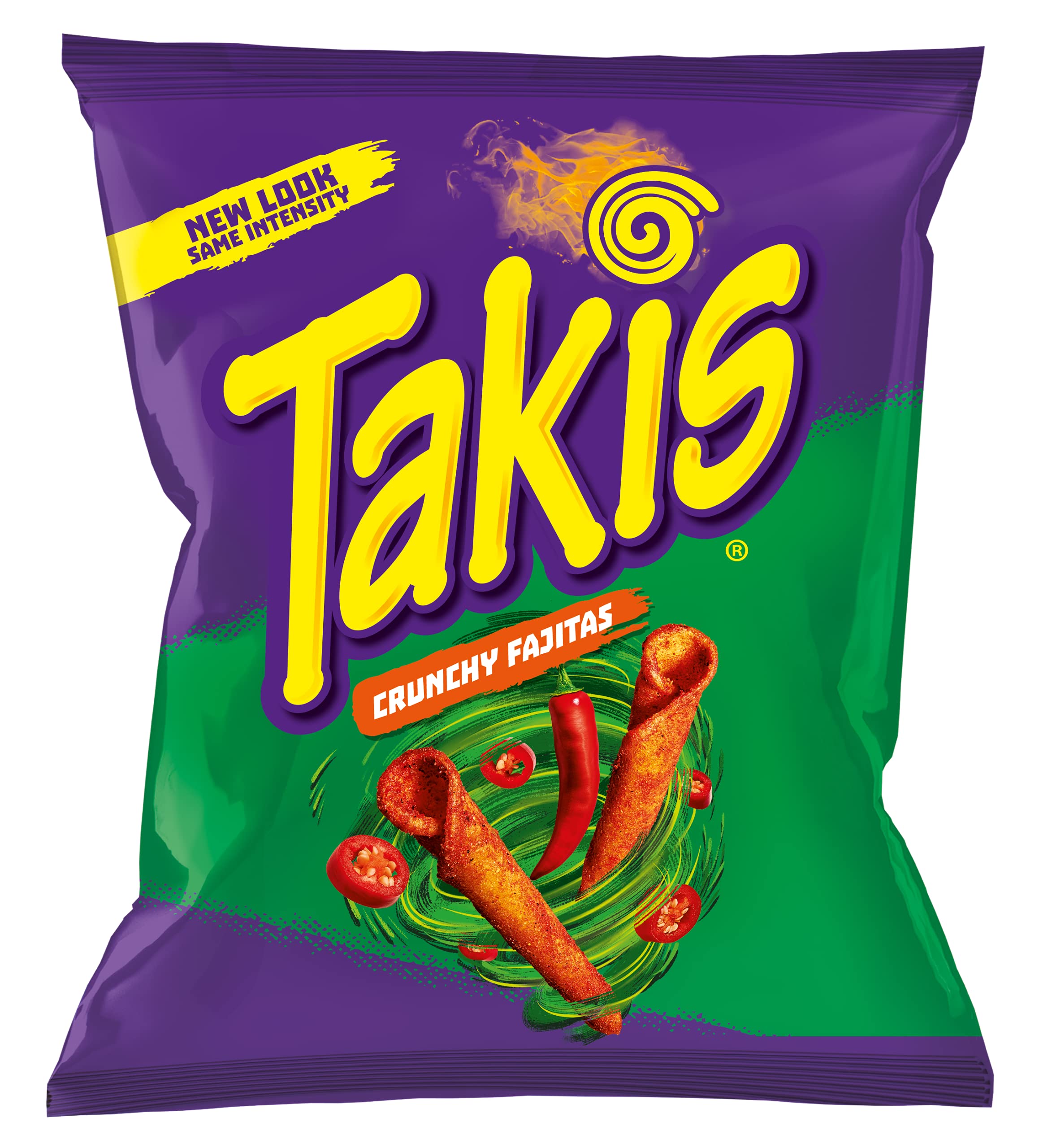Spicy chips are an irresistible treat for those who love a little heat with their snacks. They’re perfect for adding zing to your snack time, with each crunchy bite delivering a bold, spicy flavor. Whether you’re a fan of mild warmth or intense fire, there’s a variety of spicy chips out there to satisfy your taste buds.

Calories in chips refer to the amount of energy contained in these popular snack foods, typically measured in kilocalories (kcal). The exact calorie count can vary widely based on the type of chip, ingredients, and preparation methods, with some being higher in calories due to added flavors and oils.
Does Eating Spicy Chips Burn Calories?
Eating spicy chips doesn’t directly lead to burning many calories. While spicy foods, including chips, can temporarily boost metabolism due to the capsaicin found in chili peppers, this effect is relatively minor and insufficient to have a notable impact on calorie burn or weight loss. The calorie content of the chips usually far outweighs any slight metabolic increase from the spiciness.
But there is another fact :
Capsaicin in spicy food prevents the increase in hunger and decrease in fullness.
Capsaicin is a fascinating molecule primarily found in hot peppers known for its intense flavor. Here’s a detailed explanation of its role and effects:
- The spice of Hot Peppers: Capsaicin gives hot peppers their characteristic spiciness. It activates specific receptors in the mouth, creating the sensation of heat or burning.
- Stimulation of the Sympathoadrenal System: This system includes the sympathetic nervous system and the adrenal medulla, which work together to regulate various body responses. Capsaicin stimulates this system, leading to thermogenic (heat-producing) and anorexigenic (appetite-suppressing) effects. This is because capsaicin can increase the release of adrenaline, boosting metabolism and energy expenditure.
- Impact on Weight Loss: Capsaicinoids, the family of compounds to which capsaicin belongs, can enhance the effects of caloric restriction on weight loss. When combined with a reduced-calorie diet, capsaicinoids may help increase the weight lost.
- Capsinoids and Energy Expenditure: Capsinoids are non-pungent analogs of capsaicinoids. Studies suggest that they can increase energy expenditure. In other words, they help the body burn more calories, even at rest.
- Effects on Hunger and Satiety: Capsaicin supplementation can modify the typical responses to energy restriction, such as increased hunger and decreased fullness. It can also help maintain energy expenditure and fat oxidation rates that usually decrease with calorie restriction. This means capsaicin might make it easier to stick to a diet by reducing feelings of hunger and sustaining higher levels of fat burning.
- Prevention of Fat Loss Resistance and Maintenance of Body Weight: Capsaicin’s effects may help prevent the plateauing of weight loss often encountered in prolonged dieting (resistance to lose fat) and may also assist in maintaining a healthy weight after significant weight loss (postobese state).
- Indirect Effects through Analgesic Properties: Capsaicin has pain-relieving (analgesic) effects, which might indirectly influence energy balance. Better pain management can lead to improved sleep quality, and good sleep is crucial for effective weight regulation.
- Safety and Long-Term Consumption: While consuming capsaicin appears to be safe, the effects of long-term consumption are not yet fully understood, and further research is needed to confirm its safety over extended periods.
Capsaicin and its related compounds, capsaicinoids and capsinoids, show promise in weight management and obesity control. They affect metabolism, appetite, and energy expenditure and may even have beneficial effects through improved pain management and sleep. However, their long-term safety and effectiveness require more research for a comprehensive understanding.
Spicy Chips and Calories Calculation
The calculation shows that eating spicy chips might lead to burning an additional 1.6 calories, based on the assumption of a slight metabolic increase due to capsaicin. This increase is estimated at 8% and is thought to last approximately 20 minutes after eating spicy foods. However, this amount is relatively minimal and does not significantly impact overall calorie expenditure, especially compared to the calories consumed from the chips.
Let’s illustrate this with a practical example:
Imagine someone typically burns about 70 calories per hour at rest, roughly the average for a sedentary adult. This translates to about 1.17 per minute (70 calories/hour ÷ 60 minutes/hour).
Now, if this person eats spicy chips, the capsaicin in the chips might temporarily boost their metabolic rate by 8%. So, their calorie burn rate would increase from 1.17 calories per minute to approximately 1.26 calories per minute (1.17 calories/minute + 8% of 1.17).
This increased rate lasts for about 20 minutes. So, over these 20 minutes, the total additional calories burned would be:
This results in burning an extra amount of calories, but as shown in our previous calculation, this number is relatively small (around 1.6 calories). So, while there is a boost in metabolism, the effect is relatively modest and not significant for weight loss or calorie burning.
Conclusion
Eating spicy chips does lead to a very minor increase in calorie burning due to the thermogenic effect of capsaicin. However, this increase is minimal, estimated at around an 8% boost in metabolic rate for about 20 minutes, resulting in a negligible amount of additional calories burned. The calories consumed from the chips themselves are significantly higher than the few extra calories this metabolic spike burns. Therefore, while there is a technical increase in calorie burning, it is not substantial enough to have a meaningful impact on overall calorie balance or weight loss.
- How Many Tablespoons is One Clove of Garlic? - June 26, 2024
- How to Measure 3/4 Cup When You Don’t Have the Right Measuring Cup? - June 6, 2024
- How Much Does Cooked Pasta Weight Compare To Dry? - April 30, 2024
